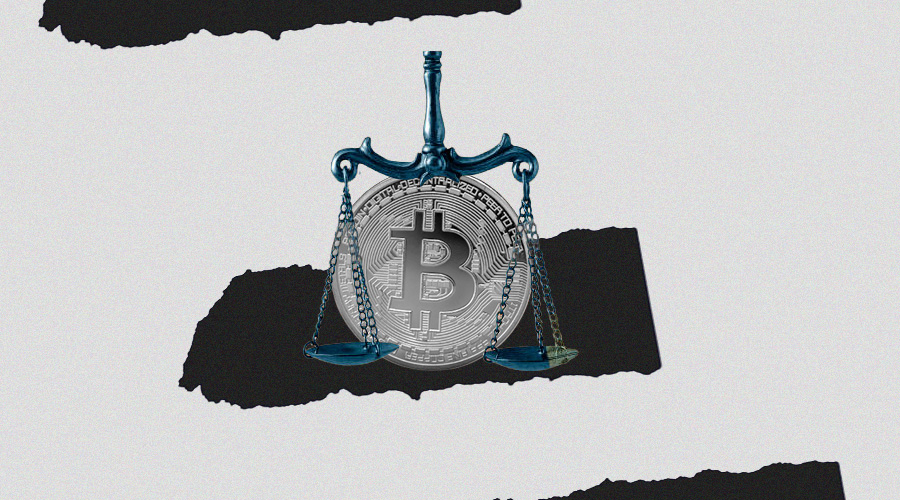 Navigating the crypto landscape and exploring rapid government regulations worldwide
Navigating the crypto landscape and exploring rapid government regulations worldwide
Cryptocurrencies have experienced a meteoric rise in popularity, captivating the attention of investors, businesses, and individuals worldwide. As this digital revolution continues to gain momentum, governments around the globe find themselves faced with the challenging task of regulating this burgeoning asset class. In this article, we will delve into the proactive measures being taken by governments to adapt and regulate the crypto landscape swiftly.
From the United States to the European Union and Asia to Australia, countries actively explore strategies to establish comprehensive frameworks that balance innovation, security, and consumer protection. We will explore the approaches taken by different regions and highlight the unique initiatives implemented to address the complex issues surrounding cryptocurrencies.
As governments grapple with this dynamic and ever-evolving sector, it is crucial to understand the motivations behind their actions and the potential impact on the future of cryptocurrencies. Join us as we examine the global regulatory landscape and discover the steps being taken to navigate the exciting world of crypto.
The Global Regulatory Landscape
United States: Striving for Clarity and Oversight
In the United States, regulators have been actively working to establish clear guidelines for cryptocurrencies. The Securities and Exchange Commission (SEC) has taken a stance that certain cryptocurrencies may be deemed securities and subject to federal securities laws. Additionally, regulatory bodies like the Commodity Futures Trading Commission (CFTC) and the Financial Crimes Enforcement Network (FinCEN) are working towards strengthening anti-money laundering (AML) and Know Your Customer (KYC) regulations within the crypto space.
European Union: Fostering Innovation with Regulation
The European Union (EU) has adopted a balanced approach to crypto regulation, aiming to foster innovation while ensuring consumer protection. The EU’s Fifth Anti-Money Laundering Directive (AMLD5) brings virtual currency exchanges and custodian wallet providers under the purview of AML and KYC regulations. Furthermore, the EU is working on a comprehensive regulatory framework, the Markets in Crypto-assets Regulation (MiCA), to provide legal certainty and oversight for cryptocurrencies and related service providers.
Asia: Navigating Diverse Approache
Asian countries have exhibited a range of approaches when it comes to crypto regulation. China has strictly banned initial coin offerings (ICOs) and cracking down on cryptocurrency exchanges. On the other hand, Japan has embraced cryptocurrencies by establishing a licensing framework for crypto exchanges and recognizing Bitcoin as a legal tender. South Korea has also implemented regulations to combat money laundering and illegal activities involving cryptocurrencies while fostering innovation in the blockchain industry.
Other Global Initiatives
Beyond the regions above, governments worldwide are actively exploring crypto regulation. Australia has implemented legislation to regulate digital currency exchanges, aiming to prevent illicit activities and enhance consumer protection. In Switzerland, the “Crypto Valley” in Zug has become a hub for blockchain and crypto startups, benefiting from a supportive regulatory environment. Similarly, countries like Malta, Singapore, and Estonia have positioned themselves as crypto-friendly jurisdictions, attracting businesses and fostering innovation in the blockchain space.
The Challenges of Crypto Regulation
The challenges of crypto regulation extend beyond enforcement and technological advancements. Another significant hurdle is the international nature of cryptocurrencies, which transcends geographical boundaries and traditional regulatory frameworks. Cryptocurrencies operate in a borderless digital realm, allowing seamless transactions across countries without intermediaries. This poses a unique challenge for governments as they grapple with the jurisdictional complexities of regulating a decentralized and globalized financial system.
Furthermore, the anonymity and pseudonymity of certain cryptocurrencies raise concerns regarding illicit activities such as money laundering, fraud, and terrorist financing. Governments must strike a delicate balance between preserving privacy rights and ensuring the financial system’s integrity. Developing effective methods for combating financial crimes without stifling innovation and hindering legitimate use cases of cryptocurrencies remains an ongoing challenge.




